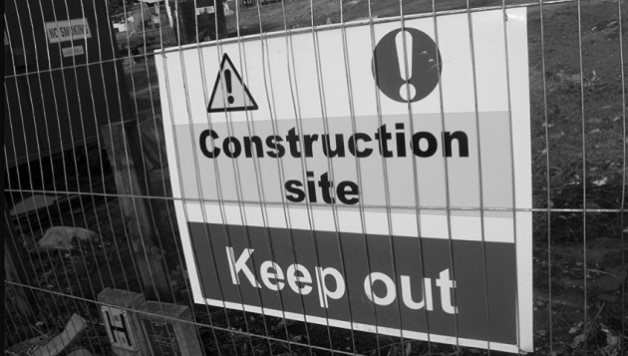The ACCC, who is no stranger to the media, has released its first ever Media Code of Conduct (Code) in response to a recommendation of the Harper Review.
Recommendation 52 of the Final Report of the Competition Policy Review had supported greater transparency in relation to the regulator’s use of media, in particular that:
“The ACCC should establish, publish and report against a Code of Conduct for its dealings with the media with the aim of strengthening the perception of its impartiality in enforcing the law. The Code of Conduct should be developed with reference to the principles outlined in the 2003 Review of the Competition Provisions of the Trade Practices Act. [informally known as the Dawson Review]”
The Code outlines the ACCC’s protocols for public comment about its enforcement activities (excluding mergers) which include actions the ACCC takes to identify, investigate, prosecute and resolve potential breaches of the Competition and Consumer Act 2010 (Cth).
While the Code generally reflects the way in which the ACCC has used and managed media, we are likely to see a more consistent and enhanced approach to even-handed comments and publications coming from the regulator given this codification and the interests of “fairness to individuals, companies and businesses”.
It is important that all businesses have a sound understanding of what avenues for public comment are available to the ACCC, particularly as some of these protocols could be used to their advantage. For example, by understanding when, where and what the ACCC can and cannot comment on, businesses may be able to better plan their media and communications strategies.
Why?
The Harper Review Panel received submissions during the consultation period which criticised the ACCC’s use of the media, considering that it undermined its perceived impartiality in undertaking enforcement action. The Final Report stated:
“The ACCC has a long history of using the media to raise awareness of competition issues. However, this important educative role can cross over into advocacy of particular policy positions. An advocacy role can compromise stakeholders’ perceptions of the ACCC’s impartiality in its enforcement of the law.”
While the Harper Review Panel was of the view that a role for competition policy advocacy does exist, it expressed the view that it is not appropriate for the ACCC to undertake this function. This is in stark contrast to the ACCC’s compliance and enforcement priorities for 2016, which included more competition advocacy work.
The Panel therefore recommended that the ACCC develop a Code to counter the perception of partiality on the part of the ACCC in enforcing the law. This was consistent with Recommendations 12.1 and 12.2 of the Dawson Review in 2003, which were never ultimately adopted.
Consultation
The ACCC issued a draft Code for consultation on 11 July 2016. No submissions appear to have been made publicly available although the ACCC’s media release stated that consultation “included input from business and consumer groups, the legal community and journalists”. No substantive changes to the draft Code were made following consultation.
Key protocols
The Code sets out the considerations the ACCC will take into account when publicly commenting on investigations and enforcement action, and the limitations it observes.
As the Code encapsulates, it is seeking to balance fairness to those involved in an ACCC investigation or enforcement action with the principle of transparency, in terms of informing the public about the regulator’s work and the rationale behind its actions.
The protocols in the Code generally reflect the media practices of the ACCC to date, including the following.
Investigations
As a starting point, the ACCC will refrain from commenting on its investigations, unless it is in the public interest to do so. The Code sets out a range of factors the ACCC will take into account in determining whether making a statement is in the public interest and outweighs the potential detrimental effect on the reputations of the parties.
Where the ACCC does make a public comment, it will be limited to confirming the existence of an investigation and, if necessary, seeking information relevant to its investigation (for example, to encourage witnesses to come forward).
Instituting proceedings
The ACCC will publicise the commencement of court or tribunal proceedings, but generally only after originating documents have been filed and served. Any media release will set out the matters alleged by the ACCC, the redress sought, and the reasons why the ACCC has taken the action.
Initiating documents filed in the court or tribunal will be made available on request, unless there are confidentiality restrictions in place.
Outcome of proceedings
Where the ACCC has publicised the commencement of proceedings, it will report on the outcome of such proceedings. The ACCC will similarly issue media releases for other formal enforcement outcomes, including penalties, infringement notices and court enforceable undertakings. Media release content may also be included in the ACCC’s social media activities.
The ACCC may give advanced notice of any such public statement to the parties.








